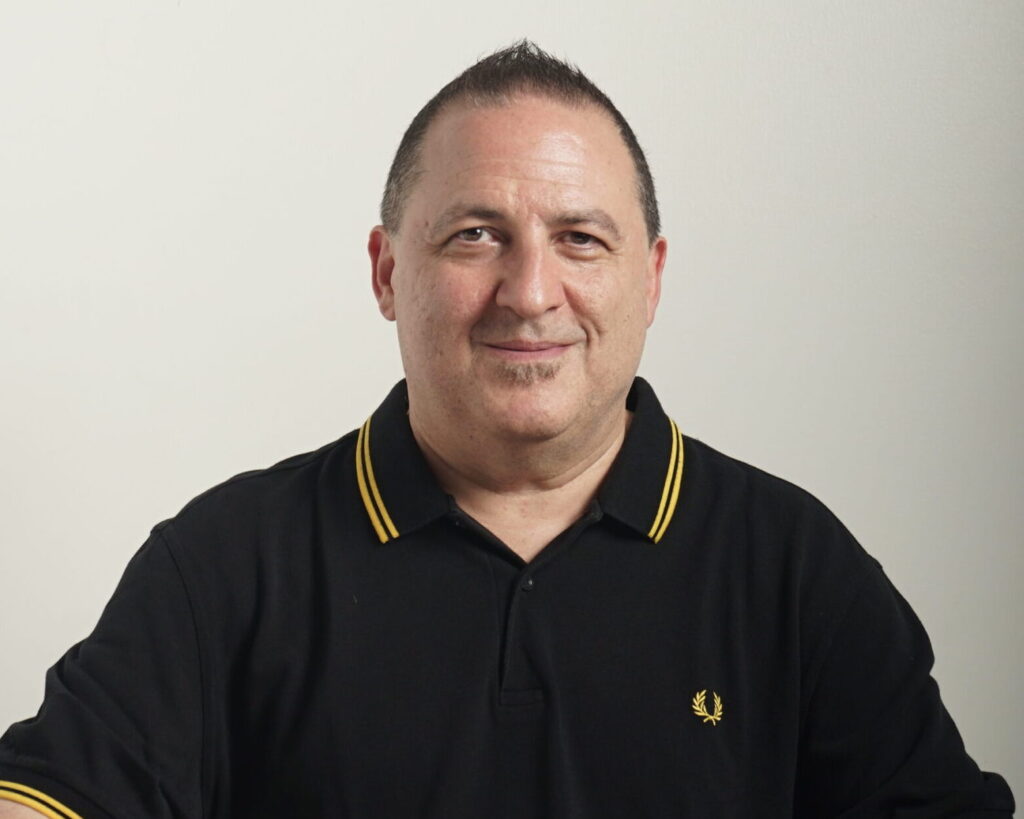Professor Peter A. Newman named a Fellow of the Canadian Academy of Health Sciences
Categories: Awards & Recognition, Faculty, Peter Newman, Research Factor-Inwentash Faculty of Social Work Professor Peter A. Newman has been announced a 2025 Fellow of the Canadian Academy of Health Sciences (CAHS) — an organization that brings together Canada’s top-ranked health and biomedical scientists and scholars to address the country’s complex health challenges through multidisciplinary collaboration.
Factor-Inwentash Faculty of Social Work Professor Peter A. Newman has been announced a 2025 Fellow of the Canadian Academy of Health Sciences (CAHS) — an organization that brings together Canada’s top-ranked health and biomedical scientists and scholars to address the country’s complex health challenges through multidisciplinary collaboration.
The CAHS Fellowship is considered one of the highest honours for members of the Canadian health sciences community. As described on CAHS’s website, Fellows of the Academy are recognized by their peers for their contributions to the promotion of health sciences and have demonstrated leadership, creativity, distinctive competencies, and a commitment to advancing the field.
“Professor Peter Newman has demonstrated, time and again, how rigorous social science can drive meaningful solutions to urgent health challenges,” says Charmaine Williams, Dean of the Factor-Inwentash Faculty of Social Work. “Through his leadership and deep, collaborative partnerships with communities, his work has advanced health and human rights in Canada and globally, demonstrating the vital role of social work research in shaping effective, equitable, and enduring health responses. His work to address the complex health challenges of our time make him very worthy of this recognition.”
Newman has been awarded over 11 million dollars in continuous research funding and published over 190 peer-reviewed publications that together have received over 16,000 citations, ranking him among the most highly cited social work scholars in North America.
And the world-wide impact of his work is tangible. As the lead researcher in MFARR-Asia, a global partnership that is advancing LGBTIQ+ inclusion and human rights in Asia, Newman collaborates with a multidisciplinary team of academics and community partners that has grown from four to now 11 countries and territories. The partnership gathers data on the degree to which LGBTIQ+ people enjoy full and free participation in economic, social, and political life.
“We aspire to nothing less than the full inclusion of diverse 2SLGBTQIA+ people in society as a precious and integral part of life,” wrote Newman in a recent article for SDGs@UofT, an Institutional Strategic Initiative that he is affiliated with at the University of Toronto.
Recent outcomes of Newman’s community-based work include an official endorsement from India’s Ministry of Health on the need to develop and implement anti-discrimination policies for LGBTIQ+ people across government healthcare — including a landmark decision to include gender-affirming hormone therapy and surgery in the Prime Minister of India’s Health Insurance Plan, which mandates the expansion of health insurance coverage to an estimated 4.8 million trans people.
Newman has also long advocated for a biosocial approach — one that combines both social science and biomedical research — to address key challenges such as HIV prevention.
“We live in a world where a biomedical response to disease is prioritized above the well-established upstream social and structural factors that put people at increased risk of infection,” says Newman, who gave a keynote on the topic at the 31st Annual Canadian Conference on HIV/AIDS Research. “You can have the most amazing technology — even a vaccine that is highly efficacious, but if you can’t get that vaccine out to the people who need it most, or if they refuse to use it because of historically justified mistrust or they don’t understand it, that vaccine is going to be virtually worthless to populations at greatest risk.”
CAHS will be holding an induction ceremony for the new Fellows in Ottawa at the National Arts Centre on October 16, 2025.
Learn more about recently announced CAHS Fellows via U of T News.